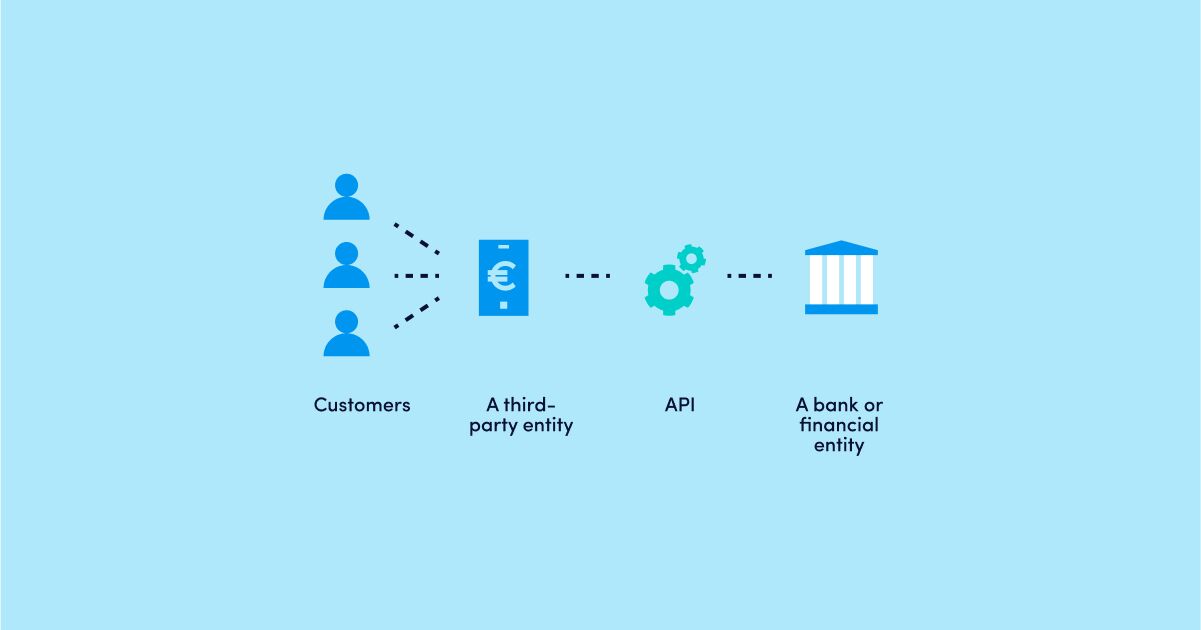
We assist in the full licensing process of obtaining an E-money or Payment Institution license in Spain
If you are looking to obtain an Authorised Payment Institution or Electronic Money (E-Money) Institution license in Spain, Advapay can offer you its legal, technical and business expertise and consulting support.
01
Application preparation, communication with the regulator, business services
Filling out an application form
Communication with regulatory authority during the application phase
Assistance in the development of a business plan
Assistance in the opening of safeguarding accounts
Company formation, staffing services
02
Preparation of legal, financial and IT documents
Preparation of legal, financial and IT documents
Legal documents – AML, KYC, IT/Security policies, etc.
Financial documentation – 3-years financial forecast, P&L statement, the flow of funds
Company operational documentation – internal policies, risk operation policies, internal audit, etc.
IT documentation
Overview of the Spanish fintech market
Over the past years, Spain has become a leading export country of financial services and accelerated its efforts in increasing the depth and breadth of its finance industry. The country has a vast experience in PSPs authorisation, providing fee-free authorisation and offering tax exemptions to lower business costs.
There are nearly 400 fintech start-ups operating in Spain, making it one of the most active fintech ecosystems in Europe. According to Findexable’s Global Fintech Index 2020, Spain takes the 13th place in the Fintech Global ranking. There were 9 PI and EMI licenses issued in 2020 and 5 licenses in total in 2021.
Doing business in Spain
Spain offers a moderate corporate tax burden, favourable tax regime for expatriates, incentives and Tax Relief for Research & Development.
The general corporate tax rate of 25% applies to worldwide profits and capital gains of resident companies. Newly incorporated entities will be subject to a reduced tax rate of 15% in the first tax period under the condition that their taxable base is positive, and then in the following period – if certain requirements are met.
Main requirements
Requirements for staff and office
The company must have a Board, consisting of MLRO and the CEO – they shall reside in Spain. There are no requirements related to a specific number of local or international personnel in Spain.
Initial Capital Requirements
Minimum Initial Capital Requirements are EUR 125,000 for Payment Institution and EUR 350,000 for E-money Institutions. Payment Institutions with low turnover (small licenses) don’t have to observe initial capital requirements.
Safeguarding accounts
EMI and PI can open a safeguarding account for client money in Spanish banks or a credit institution domiciled in any of the Member States of the European Union.
Application and authorisation process
Fee FREE authorisation
There is NO Fee for Payment and E-Money Institution authorisation in Spain, unlike in other countries.
Simple Submission Form
It is easy to fill in the authorisation procedure form that includes all EBA recommendations and local requirements in a structured way. The application can be submitted through the Electronic Registry of the Bank of Spain, face-to-face or by mail.
Application review time
The review period of the application for Payment or E-money entities is 3 months and for Small Payment institution – 20 days of receipt of the application if all documents are submitted. Usually, the process of receiving the license in Spain takes approximately 12 months.
Language
The main communication languages with regulatory bodies are English or Spanish. Most of the documents of the application can be submitted in English although relevant documents such as the agreement to be entered with the users of payment services, bylaws of the future PI in Spain or the AML manual should be drafted in Spanish.
Step-by-step authorisation process – registration of a Small Payment Institution
You can first apply for a small payment license and then after a small PI reaches the threshold of €3 million in payments per month, you are required to apply for a full PI/EMI license. The peculiarity in Spain is that when your application is being considered, you’re able to work without payment volume restrictions. Such a strategy allows you to launch a payment business in six months and, indeed, work without restrictions on payment volume limitations. Read our latest article about small Payment Institution license in Spain.
Regulator and legislation
These are the key regulatory authorities that are responsible for the financial services sector in Spain.
The Bank of Spain is a central national bank in Spain. Together with the European Central Bank, it is the supervisory authority of the Spanish banking system.
The Spanish Securities Market Commission (Comisión Nacional del Mercado de Valores) (CNMV) is a supervisory authority in charge of the supervision and inspection of the securities markets in Spain and the activity of all those who intervene in this market.
The Executive Service of the Commission for the Prevention of Money Laundering and Monetary Infringements (Servicio Ejecutivo de la Comisión de Prevención de Blanqueo de Capitales e Infracciones Monetarias) (SEPBLAC) is in charge of supporting the Commission for the Prevention of Money Laundering and Monetary Infringements that is linked to the Bank of Spain.
Documents
1) Company`s identification data – e.g. the registered office and an address will be located in Spanish territory.
2) Overview of services to be provided.
3) Business plan, including a marketing plan to prove that the firm has enough resources.
4) Description of the organization structure.
5) Evidence of available financial resources to meet Initial capital requirements.
6) Measures to be taken to safeguard client funds.
7) Description of the corporate governance methods and the internal control mechanisms, including administrative procedures, risk management, and accounting.
8) Description of the procedure established for the supervision, processing, monitoring, and resolution of security incidents.
9) Description of the procedure established to register, control, trace and restrict access to sensitive payment data.
10) Description of the mechanisms what ensure the continuity of the activity of the firm.
11) Description of the principles and definitions applied for the collection of statistical data on performance, transactions, and fraud.
12) Document on the security policy, including a detailed risk assessment and a description of the security control and risk mitigation measures.
13) Description of the mechanisms, procedures, and internal control bodies that the firm plans to establish in order to prevent and conduct money laundering or terrorist financing operations.
14) Documents to fitness and identify people with signatory rights in the company.
15) Documents to fitness and identify management staff and directors, responsible for the provision of the services.
16) Information about the auditor, who will be responsible for the audit.
17) Information about customer service procedures and responsible people/entities.
18) Professional civil liability insurance or comparable warranty.


















